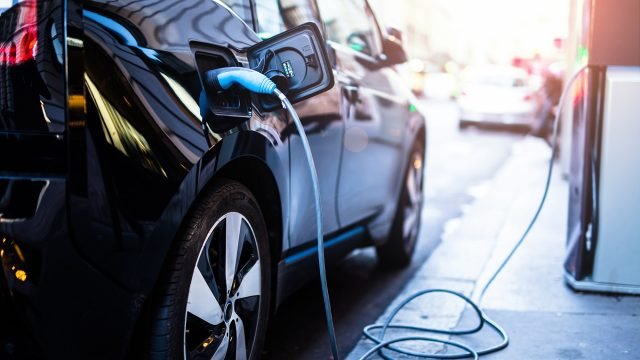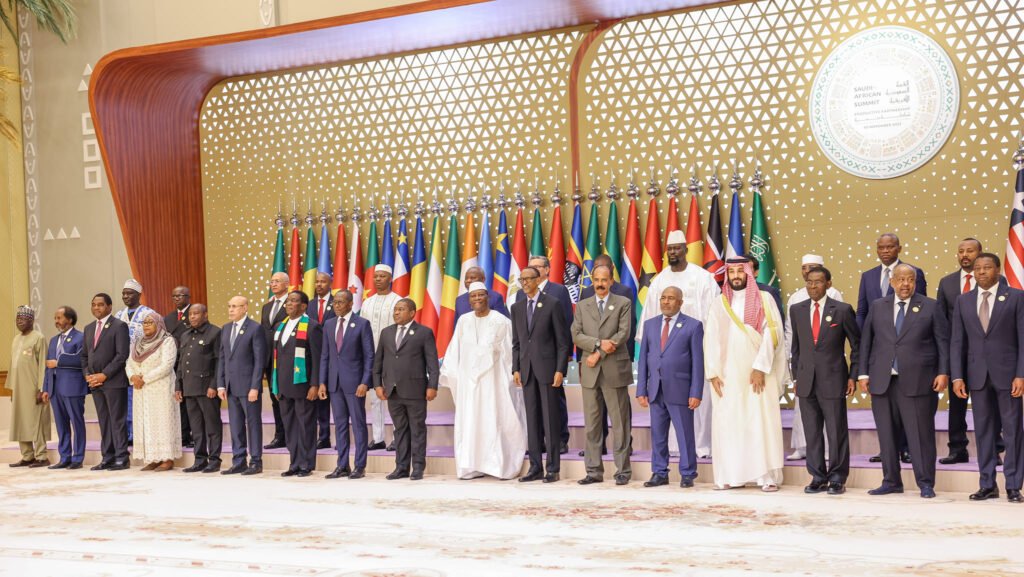Africa, with its vast potential and abundant natural resources, is at the cusp of a transformative era, particularly in the electric vehicle (EV) sector. However, several challenges, including the lack of reliable energy infrastructure, present obstacles to attracting investors and realising the full potential of this emerging market.
Energy security is a cornerstone for any thriving economy, and Africa is no exception. To establish a solid foundation for the growth of the electric vehicle sector, African nations must prioritise a serious and strategic approach to energy security. The continent’s economies need to make substantial investments in renewable energy sources to ensure a stable and sustainable power supply.
Among the various renewable energy options, solar energy stands out as a game-changer for Africa. The continent enjoys abundant sunlight throughout the year, presenting a golden opportunity to harness this energy source. Establishing nationalised solar farms can be a crucial step towards boosting the grid and addressing the energy deficit.
Investing in solar energy not only addresses the immediate need for reliable power but also sets the stage for future innovations. By nationalising solar farms, African nations can create a solid foundation for a diversified and resilient energy infrastructure that supports the growth of various industries, including the EV sector.
A key component of ensuring energy security is upgrading the existing grid infrastructure. The current state of many African grids is inadequate to support the increased demand that would come with a growing EV market. To facilitate the widespread adoption of electric vehicles, governments and private entities must invest in upgrading and modernising the grid.
While the potential for growth is significant, there are barriers that need attention to unlock the full potential of the EV market in Africa. High entry costs for purchasing electric vehicles and a lack of adequate charging infrastructure are primary concerns.
Collaboration between Governments and private investors is key in order to address these challenges. Implementing incentives, subsidies, or tax breaks for EV purchases can make them more accessible to a broader population. Simultaneously, investing in a widespread charging infrastructure network is critical to alleviate concerns about limited range and accessibility.
Another challenge hindering the growth of the EV sector in Africa is poor road infrastructure. EVs require well-maintained roads for optimal performance, and addressing this issue is vital for their successful integration into the transportation ecosystem. Infrastructure development projects should be prioritised, focusing on road maintenance and expansion. This not only benefits the EV sector but also enhances overall transportation efficiency and safety.
Africa holds immense potential to become a global player in the electric vehicle market. However, realising this potential requires a concerted effort to address energy security, invest in renewable energy, and upgrade infrastructure. By prioritising these crucial elements, African nations can not only attract investors but also foster innovation and sustainable economic growth.
The journey towards a thriving EV sector in Africa begins with a commitment to building a reliable and resilient energy infrastructure that powers progress across the continent. The continent could see exponential growth of Mureza, Agilitee, BasiGo, OpiBus, Shift EV, Zembo, eWaka and many more EV startups in Africa if these challenges are addressed.










